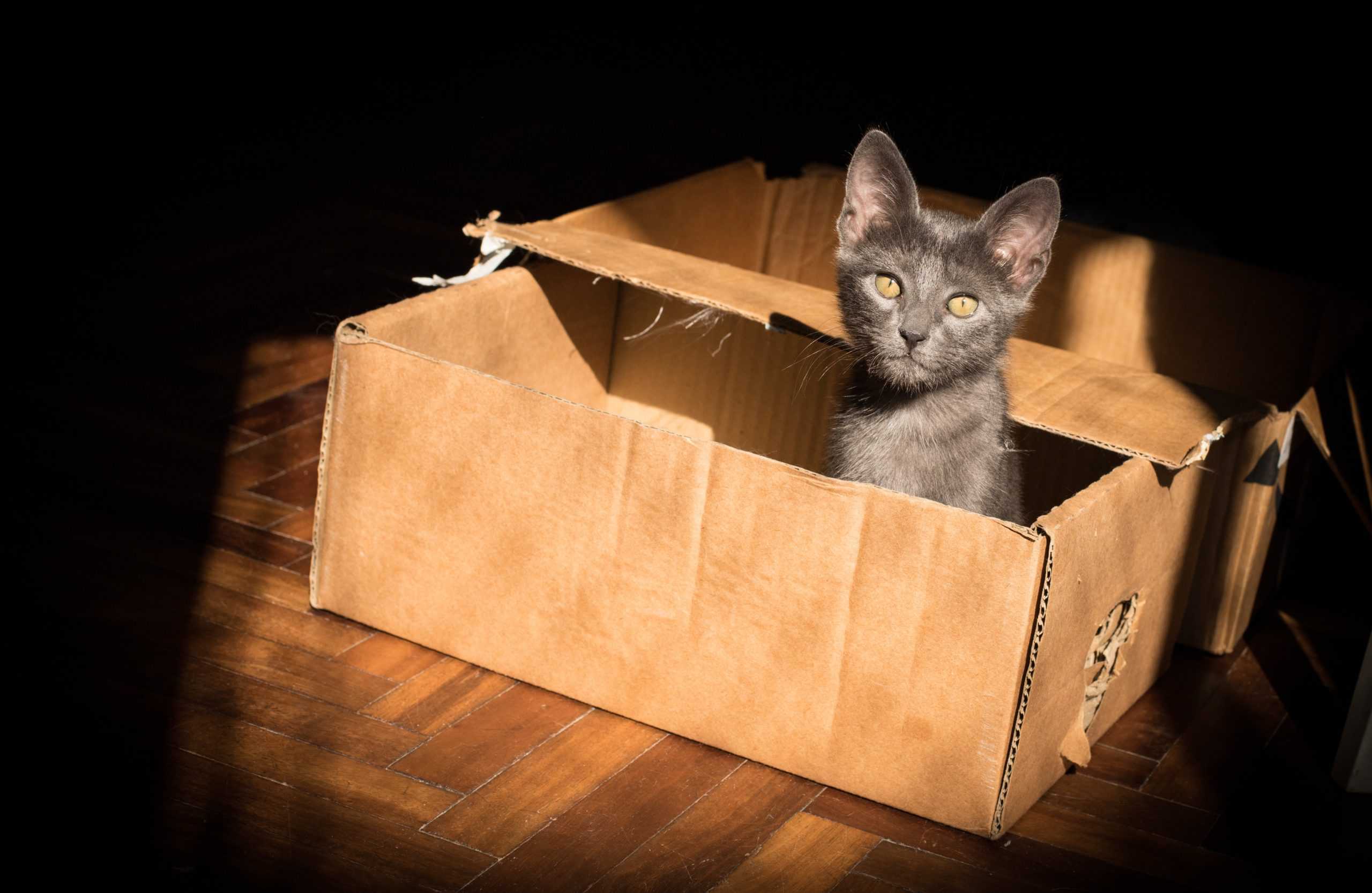The instagram post read “God, I’m not rushing you for a relationship. I’m just asking for the tracking #”.
It made me laugh, picturing God like a package that’s lost en route. Despite feeling estrangement on God’s part, I’m glad the author has a sense of humor about it. But unmet bids for connection are rarely funny, especially when you sense it’s God who isn’t doing the bare minimum in the relationship – showing up.
Earlier this year I accompanied a woman in spiritual direction who blurted out a clumsy litany of worries about her spiritual life. Eventually we honed in on the heart of her angst: “Sometimes I have this nagging feeling there is no God. I pray, but hear no answer. It makes me wonder, maybe God doesn’t exist after all.”
This woman was in pain. Since we were Zooming, I saw my reaction shift in the frame. It softened from a scrunched-up “I’m listening” face to a countenance of kinship, for I knew well the feeling she had described.
Years ago, I vented a similar anxiety about God’s seeming absence to my spiritual director. “Why is God such a stranger to me? Why doesn’t he speak to me as I desire? Why this speechless distance? Maybe because there is no God out there to answer back.” Being a good director, he suggested I take this back to prayer.
That evening, as I reflected on the conversation and felt the creep of despair, two images came to mind.
The first was of our family cat, Ebie, who had died nine years earlier. I smiled remembering her tummy flap (or “primordial pouch”, as it’s technically called), how it swayed from side to side as she would trot away. I then remembered how every so often, in the middle of the night, I used to wake to these bizarre sounds coming from the downstairs hallway. It was Ebie. Alone in the dark, she would crouch over one of her crocheted toys and caterwaul, which is an odd cross between a howl, yowl, and wail; it’s sad and pathetic sounding. She looked like an old mama cat crying in grief over a lost kitten.
That image of Ebie triggered another memory – one of my mother, and what she had written in a diary in 1980 while pregnant with her first child, my older sister, Jennifer. I stumbled upon the diary while putting together a slideshow for Jennifer’s 30th birthday, the same year Ebie died. The last page read:
“You are beautiful as you’re placed to my breast for the first time to nurse. You are beautiful as I hold you and knowing you will grow more beautiful as the years pass. I am tired, happy, and sad as I write this final entry. My tummy has an empty feeling, and I could swear that I still feel you move within me. But my eyes tell me different.”
Strange and poignant memories. But what did this have to do with God’s seeming distance, silence, and absence? It wasn’t until weeks later that I read a poem by Rumi that my question found an answer.
The poem, called “Love Dogs”, is about a devout man who quits praying because God “never responds”. In his grief, the man falls into a confused sleep where he’s visited by a spirit guide who asks: “Why did you stop your praising.” The man replies, “Because I never heard anything back.” That’s when the guide exclaims:
This longing you express
is the return message.
The grief you cry out from
draws you toward union.
Your pure sadness
that wants help
is the secret cup.Listen to the moan of a dog for its master.
That whining is the connection.
That whining is the connection.
Reading those lines, it clicked. Too often we think God’s existence is affirmed only through profound spiritual insights, experiences of warm closeness, seeing with our eyes and “hearing something back”. But as it turns out, God’s realness is also affirmed through intense longing, heartbreaking grief, experiences of pure sadness. For one does not long for a connection that never was. A parent does not grieve a child they never wanted or carried. A dog does not moan for a master it never had.
In other words, paradoxically, mysteriously, God’s presence is also revealed in God’s absence. The memories of two empty tummies and Persian poet helped me see this.
Now, when I hear people talk about feeling hollow of God, lamenting his silence, I recall my mother, and Ebie’s primordial pouch flapping, her howl in the night. And when I find myself agonizing over God’s existence, sad I don’t feel his nearness, I return to Rumi.
Mary Oliver, another poet, once wrote: “Someone I loved once gave me a box full of darkness. It took me years to discover that this too was a gift.”
“God, I’m not rushing you for a relationship. I’m just asking for the tracking #.”
God is on the way. God has always already arrived.
Sometimes God shows up like a box that opens to trumpet blasts, filling us with warm fuzzies. And sometimes God shows up in a box full of mute darkness, leaving us empty and filled with intense longing. This too is a gift.
-//-
Photo by Luku Muffin on Unsplash


